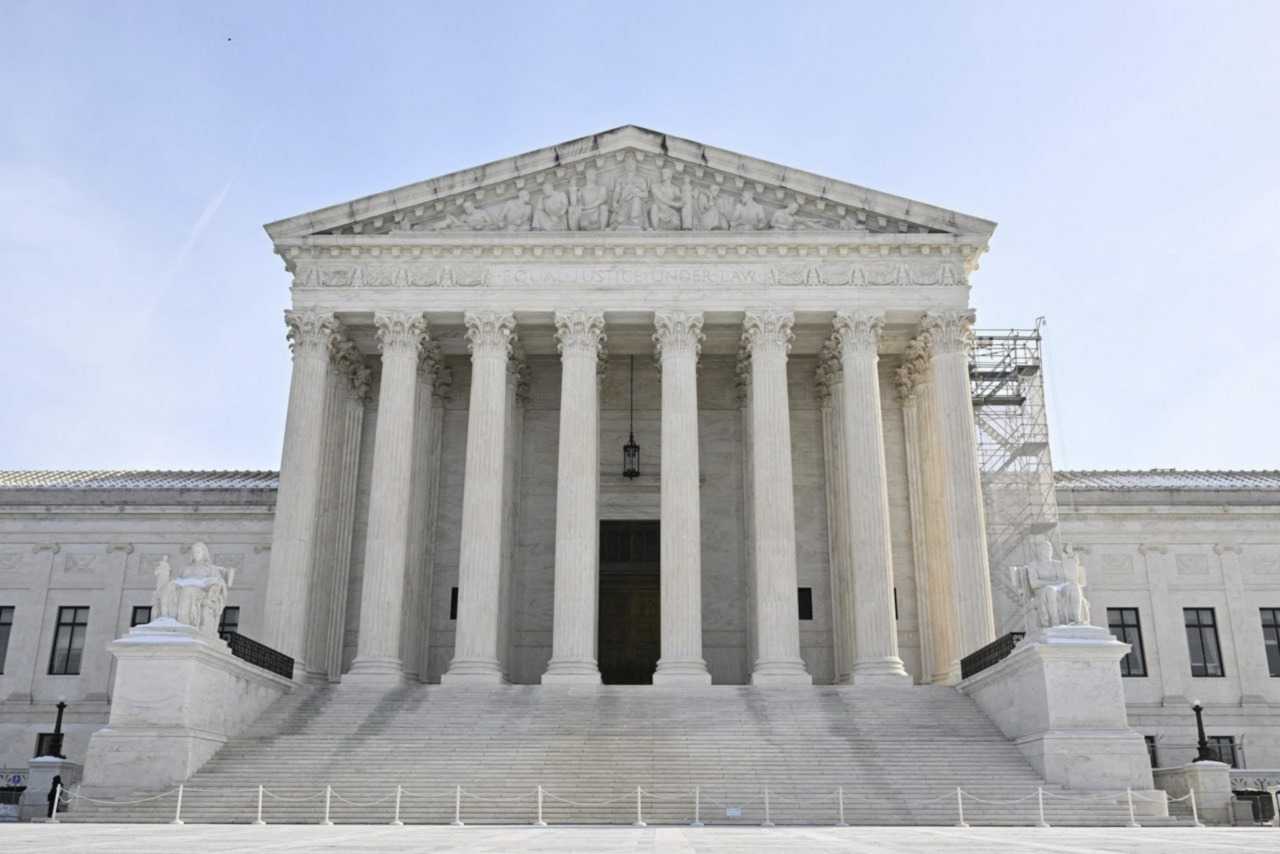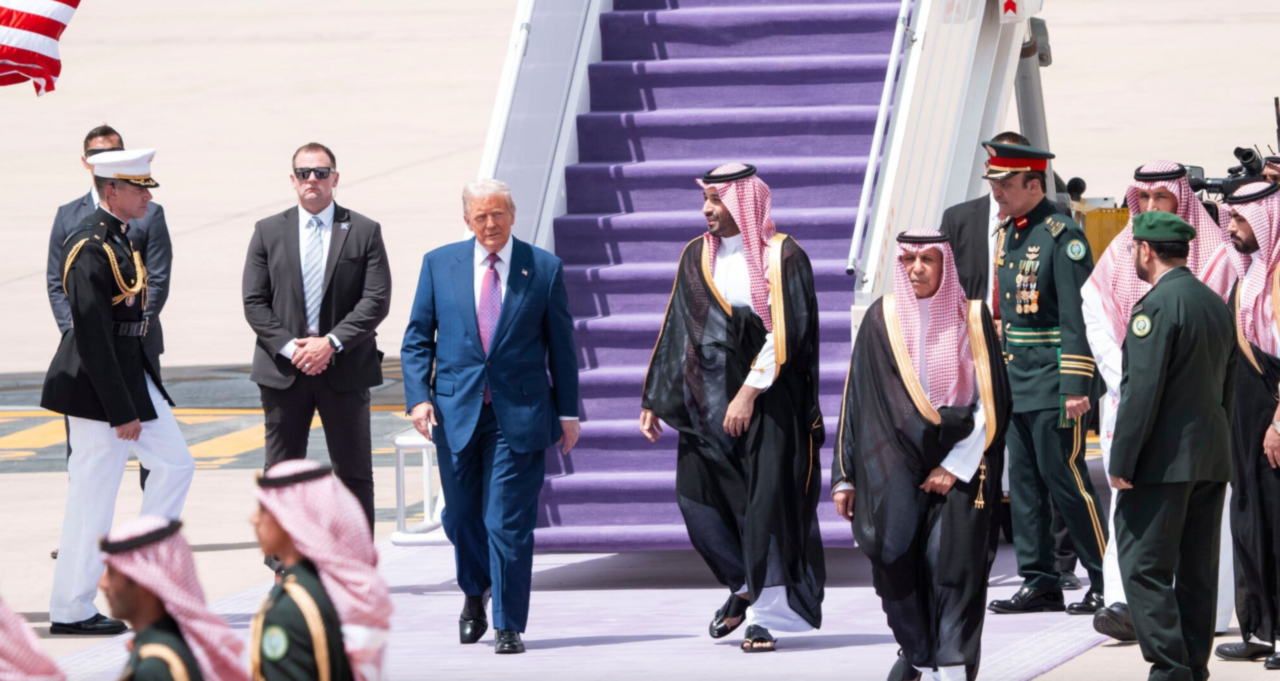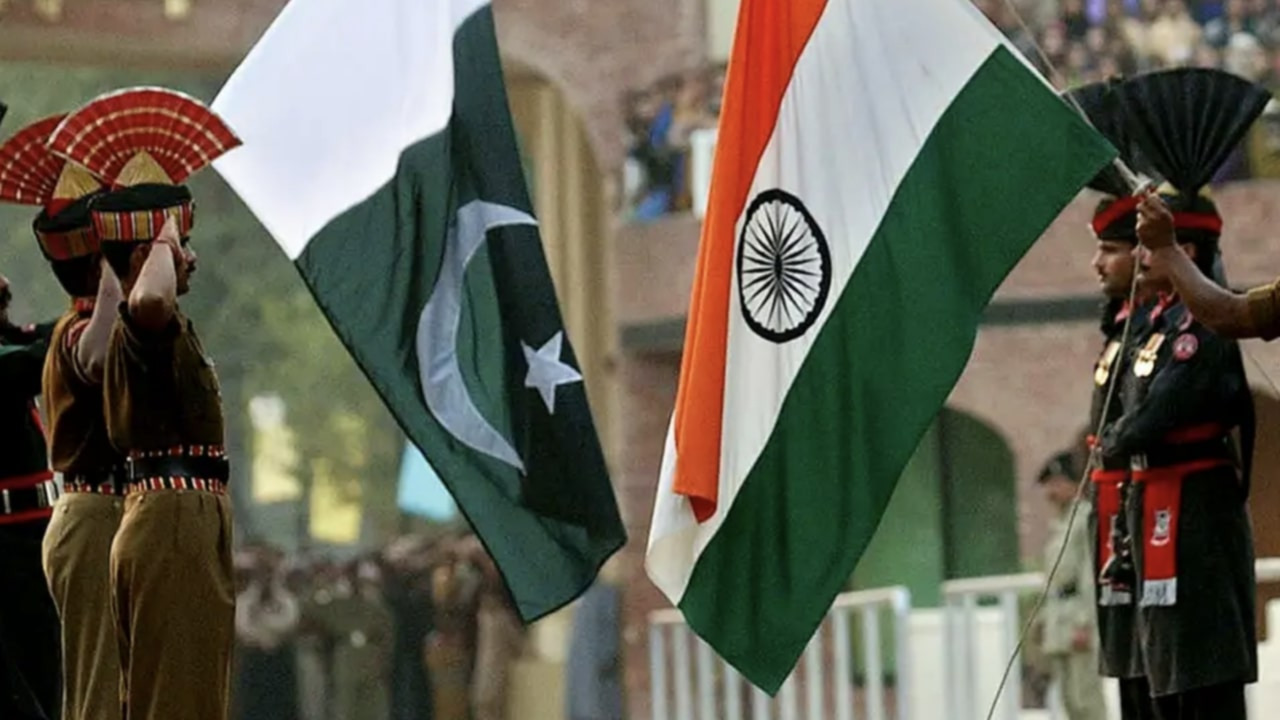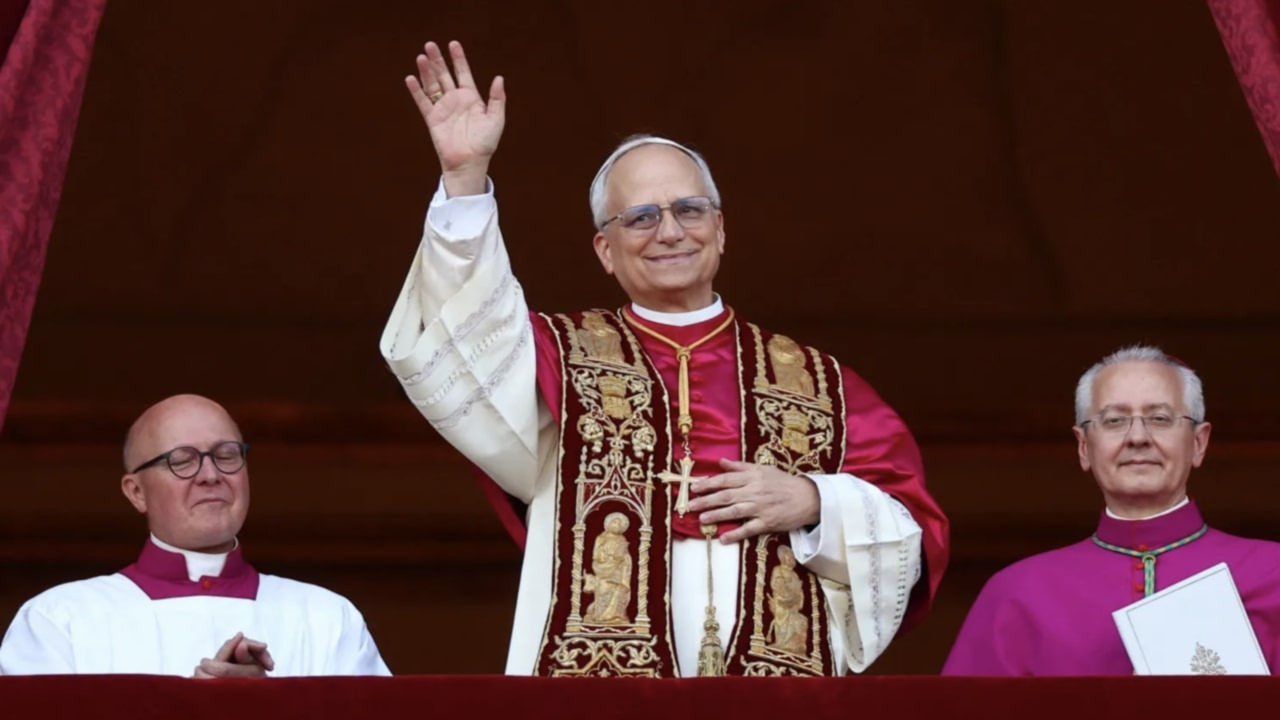SCOTUS considers district judges’ power to limit presidential policies

Image: ABC News
The Supreme Court heard arguments yesterday in a case seeking to limit the ability of federal district judges to issue nationwide injunctions—or orders that block presidential policies from taking effect across the US while courts hash out whether they’re legal.
- The case was brought by President Trump’s administration earlier this year, after his executive order seeking to end birthright citizenship for illegal immigrants received three such injunctions.
Quick background: US courts have issued ~150 nationwide injunctions against presidential policies since the first such instance in 1963—and 104 of them have been issued against policies implemented by Trump.
The arguments
The Trump admin, like the Biden admin before it, has complained that federal district judges consistently overreach by issuing injunctions that apply to the entire US, instead of just the affected parties before the court.
- Critics of nationwide injunctions argue that they encourage judge-shopping, or filing lawsuits in certain districts where plaintiffs expect the judge—one of 680 across the US—to be sympathetic to their claims.
- Proponents say removing or restricting nationwide injunctions would allow the US government to violate citizens’ rights on a massive scale without any effective way to stop it in the courts, since each affected person would have to file an individual lawsuit.
During oral arguments yesterday, at least four of the Court’s six conservative Justices appeared open to limiting the ability of district judges to issue nationwide injunctions. The court’s three liberal Justices seemed unanimously opposed to allowing Trump’s birthright citizenship order to take effect, and raised concerns about the implications of limiting nationwide injunctions.
Looking ahead…SCOTUS’ decision is expected before its term ends in late June. Any ruling that sets new limits on nationwide injunctions could help Trump—and future presidential admins—implement more of their policies with less pushback from the courts.
📊 Flash poll: In your opinion, should the Supreme Court place limits on lower judges’ ability to issue nationwide injunctions that temporarily block presidential policies from taking effect?
See a 360° view of what pundits are saying →

Sprinkles from the Left
- Some commentators argue that the task of potentially reigning in nationwide injunctions should be handled by Congress, rather than the Supreme Court—and that both sides have valid points when it comes to the pros and cons of the practice.
- Others contend that if the court allows Trump’s birthright citizenship order to go into effect, even temporarily, the executive branch could be emboldened to go further in its attempts to undermine Americans’ constitutional rights.
- “Can the Supreme Court solve the problem of nationwide injunctions?” –Kimberly Atkins Stohr, Boston Globe
- “The Birthright Citizenship Case Could Split the Country in Two” –Andrea R. Flores, NY Times
- “Supreme Court Understands the Assignment on Birthright Citizenship” –Noah Feldman, Bloomberg

Sprinkles from the Right
- Some commentators argue that SCOTUS should jump at the chance to end the practice of nationwide injunctions, since it isn’t specified in the Constitution or authorized by Congress.
- Others contend that President Trump’s order to end birthright citizenship may be wrong—but the increasingly aggressive issuance of nationwide injunctions by the federal district courts needs to be curtailed by the Supreme Court.
- “Why SCOTUS should seize opportunity to eliminate universal injunctions” –Sen. John Kennedy (R-LA)
- “Some Reasons to be Skeptical of Nationwide Injunctions” –Steven Calabresi, Reason
- “The Supreme Court can settle the question of nationwide injunctions” –Brandon Smith, The Hill
Share this!
Recent Discussion stories

Discussion
| May 14, 2025Trump’s new Air Force One is a free luxury plane from Qatar
🌍 President Trump’s decision to accept a ~$400 million luxury plane from the Qatari government has raised concerns—a debate that comes as Trump officially embarked on a trip to the Middle East to sign economic deals.

Discussion
| May 12, 2025India and Pakistan agree to a US-brokered ceasefire
🌍 On Saturday, India and Pakistan agreed to a full and immediate ceasefire to end recent fighting in the Kashmir region, which marked the most serious conflict between the two nuclear powers in decades.

Discussion
| May 9, 2025The Vatican’s conclave elected a new pope
⛪💨 White smoke emerged from the Sistine Chapel yesterday, signaling the election of Cardinal Robert Francis Prevost as the 267th leader of the Catholic Church—and the first US-born pope in the church’s 2,000-year history.
You've made it this far...
Let's make our relationship official, no 💍 or elaborate proposal required. Learn and stay entertained, for free.👇
All of our news is 100% free and you can unsubscribe anytime; the quiz takes ~10 seconds to complete